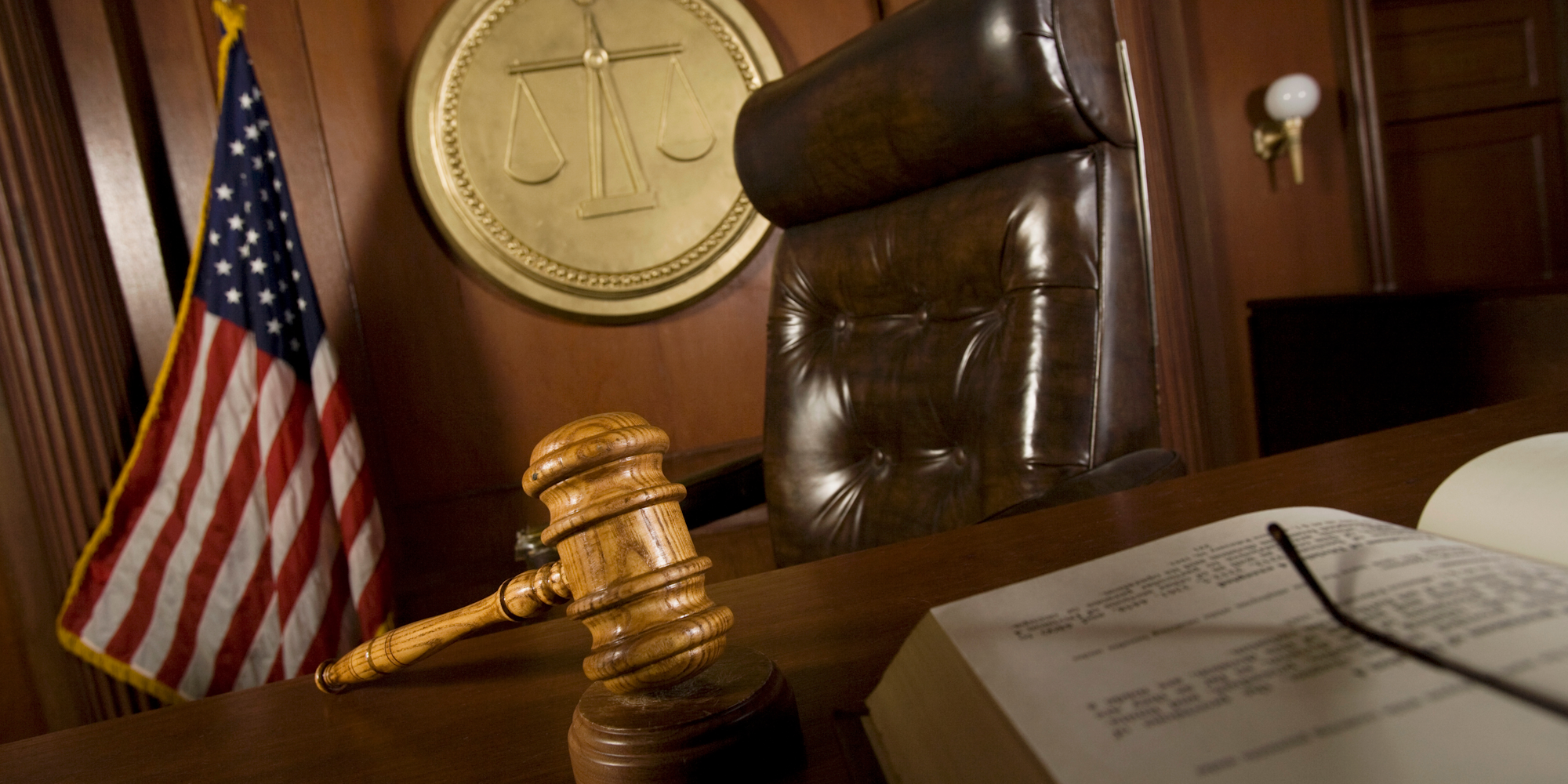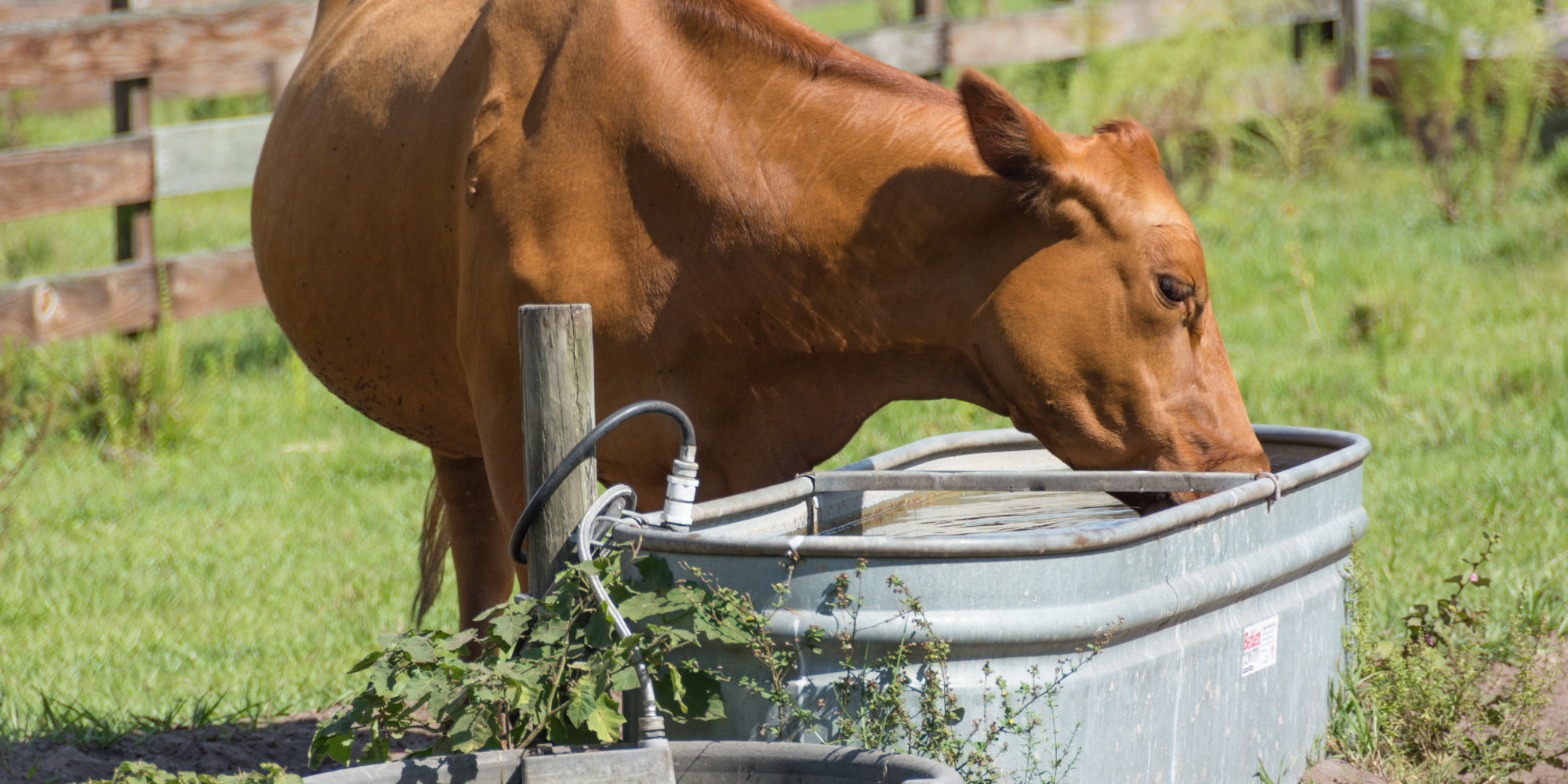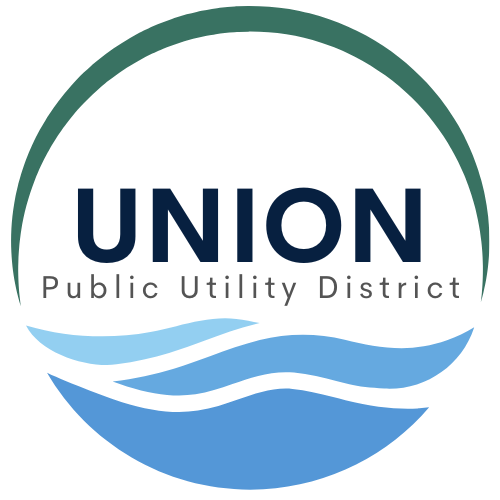Michael Hatfield vs Union Public Utility District
Union Public Utility District is committed to transparency and community involvement, especially as we face ongoing legal challenges related to the UWPA fee. This fee supports the critical infrastructure and operations of the Utica Water and Power Authority, which provides a reliable water supply to our region. While the fee remained unchanged, a recent lawsuit has forced UPUD to divert valuable community resources toward legal defense, with the potential for substantial rate impacts in the future. As a not for profit agency, we rely on our customers to keep services running. We encourage all community members to learn more, stay informed, and participate in the conversation about how best to protect our water future.

The Origins of UWPA
The Utica Water and Power Authority (UWPA) has a long and important history in Calaveras County. Originally established in 1995 as the Utica Power Authority, it was formed as a Joint Powers Authority (JPA) between the Calaveras County Water District (CCWD), Union Public Utility District (UPUD), and the City of Angels Camp (COA). This partnership was created to manage and preserve the Utica system after its purchase from Pacific Gas and Electric (PG&E), which previously operated the historic hydropower and water delivery infrastructure.
A Shift in Focus: Water First
In 2012, the organization was renamed the Utica Water and Power Authority to better reflect the importance of water in the system's operation. The name change also emphasized the original intent behind the local agencies' acquisition of the system: to protect and maintain access to a reliable local water supply.
The Power of Pre 1914 Water Rights
A critical feature of UWPA is its pre 1914 water rights, which are among the most senior in California. These rights allow UWPA to divert up to 33,000 acre feet of water each year to serve the communities of Murphys, Douglas Flat, Vallecito, Six Mile Village, Carson Hill, and Angels Camp. This water is essential not only for residential use, but also for agriculture, fire protection, recreation, and the local economy.
Local Governance and Shared Responsibility
Today, UWPA is governed by its two remaining JPA members, UPUD and COA. Both agencies make significant annual contributions to help UWPA balance its budget and continue operating. Maintaining the system is both vital and challenging. Much of the infrastructure is over 100 years old and located in remote, mountainous terrain, which makes routine maintenance and emergency repairs particularly demanding.
Facing Environmental and Financial Risks
The risk of natural disasters, including wildfires, severe storms, and mudslides, poses an ongoing threat to the integrity of the system. A major event could sever this critical supply of water to the region. The 2001 Darby Fire burned a large portion of UWPA's wooden flume system and cut off water supply to our communities for 10 months. For this reason, continued investment in infrastructure, resiliency, and operational stability is essential to ensure that UWPA can continue delivering safe, reliable water to the communities that depend on it.

Union Public Utility District establishes water rates for property owners within its jurisdiction, which includes a flat fee known as the "UWPA fee." The purpose of this fee is to cover any financial shortfalls that UWPA may have to convey water to our community.
On December 22, 2022, Resolution 2022-17 was adopted to implement a new five year water rate structure. The resolution stated that future increases could be adopted in accordance with the rate study, not including the UWPA fee. This meant that the UWPA fee was included in the overall new rate structure, but was not subject to increase. Therefore, it remained fixed at $18 per month.
It's important to note that while the rate schedule implemented new rates effective January 1, 2023, the UWPA fee was not subject to adjustment. Therefore, it was not included in the formal resolution.

Under Government Code section 53759(a), any legal action or proceeding that seeks to challenge, review, invalidate, or otherwise contest an ordinance, resolution, or motion that adopts, modifies, or amends a fee or charge for water or sewer service must be initiated within 120 days of the effective date or the date of final approval, whichever is later.
- If a government agency does not initiate a validation action within that period, an interested member of the public may file a reverse validation action, following the same procedural rules.
- If neither party initiates such an action within the 120 day window, the rates become passively validated, meaning they are no longer subject to legal challenge and are considered final and enforceable.

On June 16, 2023, plaintiffs filed a complaint alleging that the UWPA fee is illegal. They argued that the language in Resolution 2022-17 excluded the UWPA fee from the new rates. UPUD responded that the plaintiffs were effectively challenging both the UWPA fee and Resolution 2022-17 itself, which meant their claims were subject to the 120 day statute of limitations. Since no reverse validation action had been filed within that timeframe, the rates were considered passively validated and no longer subject to legal challenge.
The trial court agreed with UPUD’s position but gave the plaintiffs an opportunity to amend their complaint. In the Summer of 2023, the plaintiffs filed a First Amended Complaint restating the same claims. In December of 2023, the trial court dismissed the case a second time. This time with prejudice, meaning the claims cannot be brought again.

The plaintiff appealed the trial court’s dismissal. In the spring of 2025, the appellate court issued its opinion. The court determined that because the UWPA fee was explicitly excluded from the language of the resolution, it was not considered part of the resolution itself. As a result, the plaintiffs’ challenge was directed at the fee alone, not the resolution, and was therefore not subject to the 120 day statute of limitations.
The court cited the resolution’s wording: “The Board of Directors may adopt multi year rate increases for water rates, in accordance with the [study], not including the UWPA fee.”
Based on this reasoning, the appellate court reversed the trial court’s judgment of dismissal and sent the case back to the trial court for further proceedings on the substance of the claims.

This Lawsuit Hurts Our Community
The ongoing litigation over the UWPA fee is not just a legal matter, it is a financial burden that impacts every customer and property owner served by UPUD.
As a not for profit public agency, UPUD depends entirely on the revenue collected from our ratepayers. We do not earn profits. Every dollar goes directly toward operating and maintaining our water system, meeting state and federal regulations, and ensuring reliable service for our community. When we are forced to spend money defending a lawsuit, those costs come from the same limited funds that support our essential services.
A Costly Distraction from Our Mission
UPUD has already used community funds to cover legal expenses related to this lawsuit. If the case continues, the legal costs could grow significantly. These are funds that would otherwise be used for repairs, infrastructure improvements, emergency preparedness, and efforts to keep rates affordable.
While we have not raised rates to offset the impact of this litigation, the strain on our reserves increases the possibility of future rate increases. This would affect every ratepayer in our district.
Broader Impacts on the Joint Powers Authority
This lawsuit also affects more than just UPUD. It puts strain on the entire Joint Powers Authority (JPA), which includes the City of Angels Camp. The Utica Water and Power Authority (UWPA), which holds historic water rights and delivers water to multiple foothill communities, relies on funding support from both UPUD and the City of Angels. The costs and uncertainty caused by this litigation could compromise that support and threaten the stability of our regional water supply.
We Are Committed to Serving the Public
UPUD is committed to transparency, responsible financial management, and protecting public health through reliable water service. We believe that ongoing legal battles are not in the best interest of our ratepayers and do not reflect how this community wants to solve problems.
This lawsuit places financial stress on the entire region. In the end, there is no real winner, and the cost will be carried by our current and future generations of customers.


.png?ixlib=rb-1.1.0&or=0&w=720&h=720&fit=max&auto=format%2Ccompress&s=e9f8d99e755a9c4aa102fd169394fb66)

